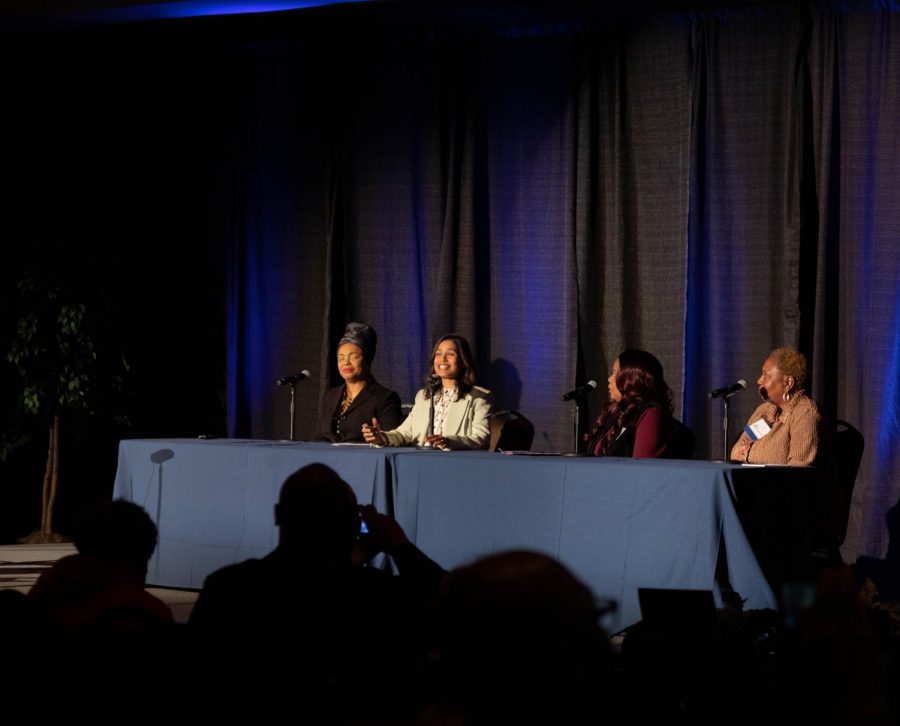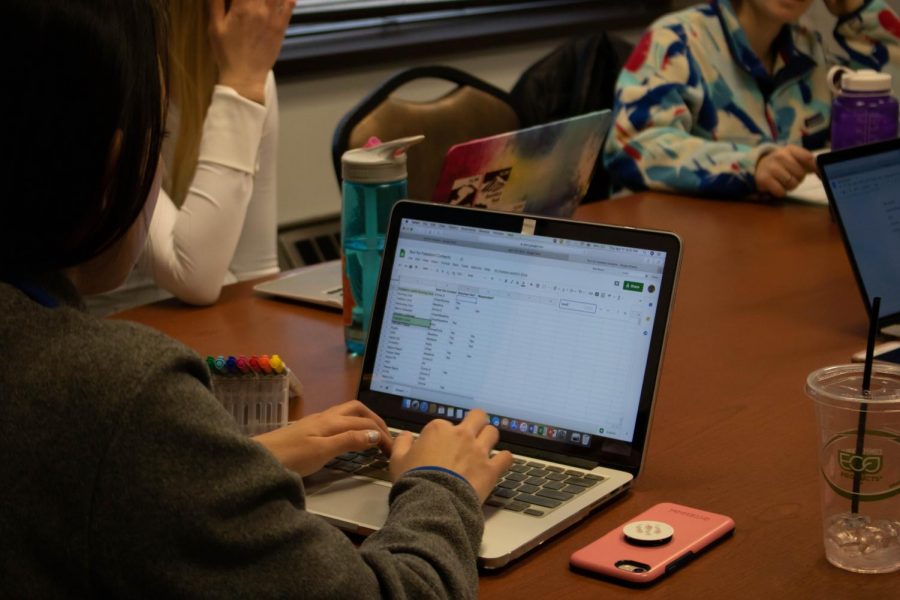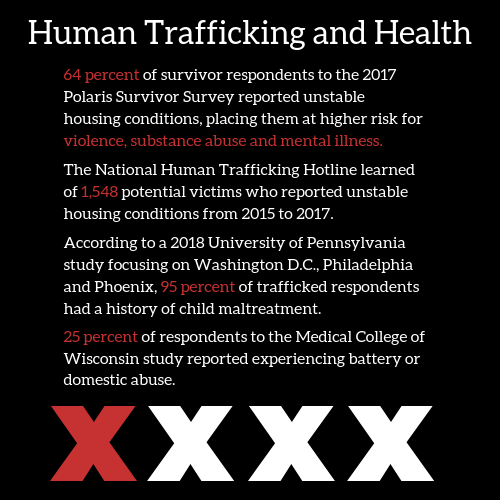For some, December is a time to put on a coat, but others wear a dress in an effort to raise awareness for human trafficking.
Dressember began in 2009 when Blythe Hill, founder of Dressember, challenged herself to wear a dress every day in December after hearing about human trafficking. Years later, Dressember became a movement to spread awareness and create change.
The Dressember challenge consists of wearing a dress or tie every day of December, campaigning to raise awareness and fundraising to support trafficking victims and survivors. Since 2013, $16 million has been raised.
Gracie Clifton, a sophomore in the College of Arts & Sciences, began participating in Dressember in high school. This will be her fourth year participating.
“I continue to participate because I have learned so much about the issue and want to educate myself and others on how we can help. It’s such a unique organization and people are always interested to hear more about why I wear a dress every day,” Clifton said.
Richard Friman, a professor of political science, teaches a class that explores anti-trafficking campaigns ranging from efforts against the transatlantic slave trade and the white slave trade to those against present-day sex and labor trafficking.
“[Milwaukee] and Wisconsin have a long history of human trafficking that first attracted national attention in the late-1880s investigations of sex trafficking in Wisconsin lumber camps. Present-day MKE faces a number of trafficking challenges that stem in large part from broader issues of poverty and discrimination in the city,” Friman said.
Sex trafficking offenses are positively associated with proximity to the interstate highway and the number of cheaper motels. Marquette is at the intersection of I-94 and I-43.
Human Trafficking is a $150 billion industry and there are currently 40 million victims of modern-day slavery, including 20.2 million in forced labor, 15 million in forced marriage and 4.8 million in forced sexual exploitation.
Ella Layer, a first-year in the College of Health Sciences, said she participates in Dressember because she wants to use her voice for those that don’t have a voice.
“I want to live in a world where people are treated equally and not sold for their bodies or their labor. Everyone deserves to live a free life and millions of people all over the world today are suffering and in modern-day slavery,” Layer said.
Layer said she hopes people learn about the cause and choose to use her voice to fight against human trafficking.
“It is hard to wear a dress for 31 days in the middle of winter, but when you walk around campus and people notice your pin on your dress that says, ‘Ask me about my dress,’ it spreads awareness for an underrepresented cause. People asking about your dress can change the way people think about their ethical choices and can help change the world one person at a time,” Layer said.
In the U.S., 14,500 to 17,500 individuals are trafficked yearly into the United States. Approximately 600,000 to 800,000 individuals are trafficked annually across international borders worldwide and about half of these victims are younger than 18.
“A common misconception is that issues like this have been solved or won’t affect us in the United States. But, the reality is that trafficking happens everywhere, and Dressember gives the issue the visibility it deserves,” Clifton said.
If you suspect someone is being trafficked, please call the Milwaukee Police at (414) 933-4444. If it’s an emergency, dial 911.
National Human Trafficking Resource Center’s 24-hour hotline number is 1 (888) 373-7888.
Donations can be made directly at dressember.org or through MU Dreseember Rah Rah’s fundraising link. More information about MU Dressember Rah Rah can be found on their Instagram page.
This story was written by Hannah Hernandez. She can be reached at hannah.hernandez@marquette.edu.






